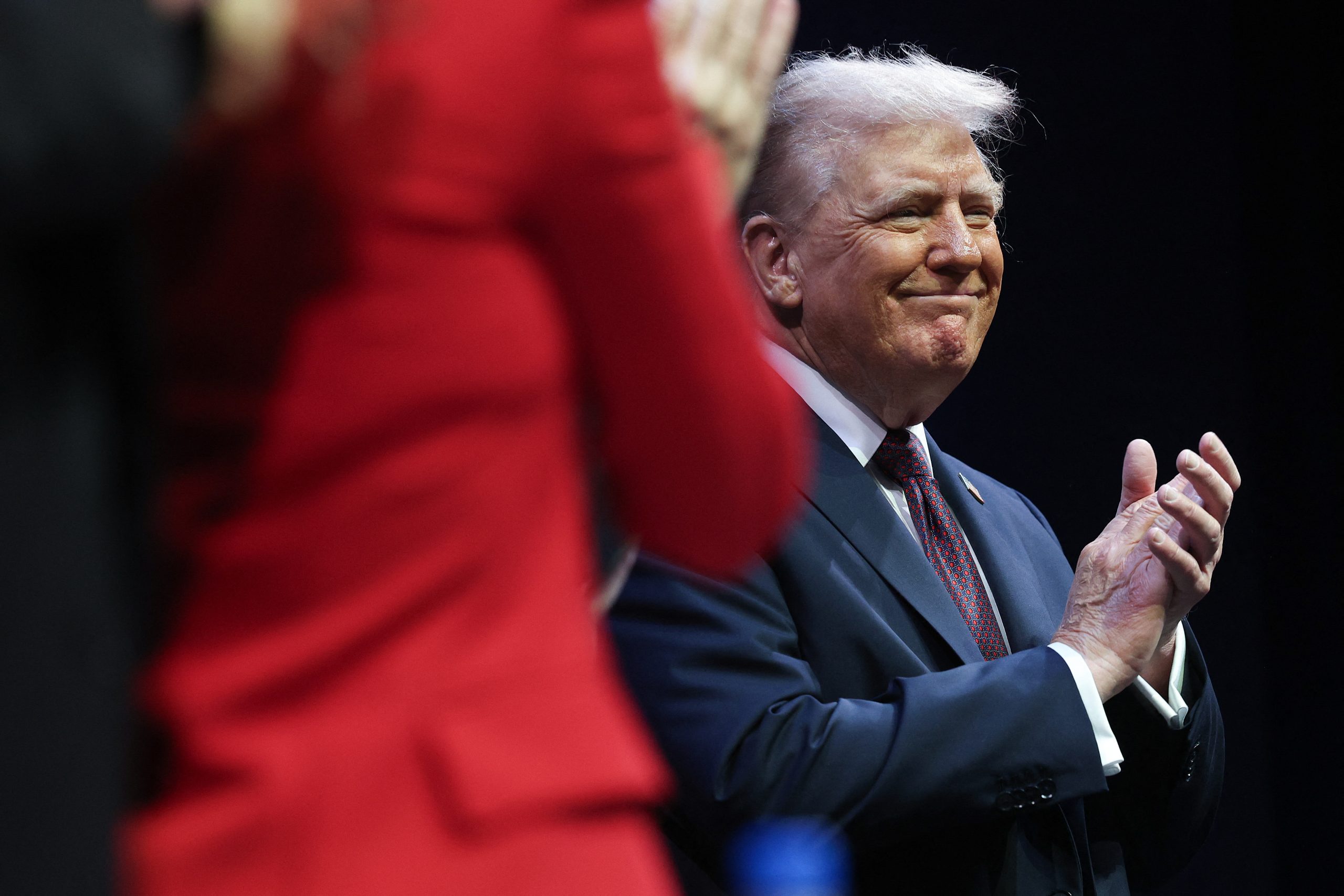The Central Bank of Nigeria has revealed that Nigeria’s debt servicing cost approximately N2.2 billion in the first five months of this year.
This was disclosed in the latest CBN data, according to The Punch.
This is about half of the $4.8 billion expected for the full year by Fitch Ratings, who had predicted that Nigeria’s external debt servicing would increase by $400 million to $5.2 billion next year.
According to CBN International Payments Data, the FG spent the most on debt financing in May, at $854.36 million, which is also the biggest amount paid in a single month in the previous year.
This is approximately 297 per cent greater than what the country spent on debt payments in April and 286.49 per cent higher than the $221.05 million spent in May 2023.
In April, debt servicing cost $215.20 million, $276.16 million in March, $283.22 million in February, and $560.52 million in January.
The total cost is approximately 96.32 per cent greater than what FG spent on debt servicing during the same period in 2023, which was $1.12 billion.
According to the 2024 budget, the FG intends to borrow an additional N1.8 trillion from external sources, as well as another N1.1 trillion in concessional loans.
Meanwhile, the FBNQuest Research predicts an increase in external debt service payments due to the FG’s efforts to raise loans from the commercial debt market this year, as well as an expected increase in borrowings from concessional sources.
In addition, Minister of Finance and Coordinating Minister of the Economy, Wale Edun has indicated that Nigeria will get cash from the World Bank in the coming weeks.
In an interview on Channels TV, last week, Edun said, “In two weeks, the board of the World Bank will consider a $2.25bn package for Nigeria, of like virtually free or almost grant funding, very low interest. And it is not being given on conditionalities. A large part of it, $1.5bn is what they call Development Policy Financing.
“Essentially, it is in recognition of what has been done to stabilise the Nigerian economy and get it back on the growth path. The funding will come, at least, half of it, will come immediately after that board meeting. That’s what we are looking forward to. It just shows that we know how to use the multilateral development banks to our advantage. We don’t agree with everything they say. We don’t have to agree or they (have to) agree with our homegrown policies for trying to get Nigeria moving again.”









